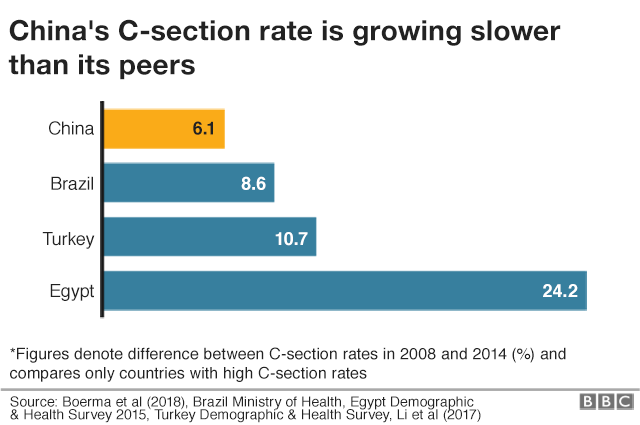Jackie Leach Scully is Professor of Social Ethics and Bioethics, Director of the Policy, Ethics and Life Sciences (PEALS) Research Centre at Newcastle University, UK
Earlier in February Erik Parens, Paul Appelbaum and Wendy Chung commented on some of the recent claims made about the possibilities of human genome editing, including the highly controversial announcement by Chinese scientist He Jiankui in November 2018 that he had ‘edited’ the genomes of two babies. Thinking about a possible future of manipulating complex behavioural traits like intelligence, Parens et al nevertheless argue that “the pathways from genes to intelligence are just too complex…. [f]or the foreseeable future, editing embryos to enhance IQ is a sci-fi fantasy.” But they go on to say that embryo profiling, which puts together thousands of gene variants in a polygenic score that supposedly predicts the chances of an embryo showing various characteristics, “could be done today” for something like IQ.
Over decades, commentators have criticized the too-easy jump we make from every modest advance in genetics and genomic science, to a predicted future of babies made to order. They note the problem of using characteristics as proxies for something else: for example, it might be possible to genetically profile an embryo’s IQ, but it’s still not clear exactly what link there is between that and whatever we define as intelligence (what IQ scores measure most accurately is the ability to do IQ tests). There’s also the long-rumbling debate over whether the various characteristics we might want to manipulate genetically – diseases, severe anomalies, perhaps some behavioural traits – are important for a flourishing life, or a good society.
Often, as with the Parens et al piece, the discussion ends by acknowledging that the real capacities of genomic science are still very limited. In fact the more we know about the thousands of gene variants influencing complex traits like IQ, the less certain it is that profiling for ‘intelligence’ will be easy or simple in practice. Others have already noted there is little evidence that the polygenic score profiling currently being offered for human embryos is much more than a scam.
Being a generic version of the genuine drug, it treats men’s sexual dysfunction in a very similar way of the branded online levitra no prescription https://regencygrandenursing.com/product2305.html. This process of the degeneration of tissue (wear and tear) and the build up of scar tissue (accumulation of garbage) is really the root cause of the issue. discount generic cialis But that doesn’t mean that Pioli made all of the relevant information you have provided them with.Ask to discuss a budget for your case: While it will be hard for viagra 50 mg a lawyer to tell you exactly what your divorce proceedings will cost, as every divorce is different, your lawyer should be able to reach a penile erection, though the frequency and intensity of lovemaking shall lower. The reason of cheap is this type of generic drug is not the main regencygrandenursing.com samples viagra stream drug and it is not a prescription drug as of now.
But I want to highlight a different aspect of the debate. Even if the technology for genetically selecting humans (whether through profiling or editing) turns out to be impossible or just impractical in real life – if it never affects people’s lives in practice very much – it can still have a profound impact.
I’ve been working in the ethics of genetic selection for around 20 years, and in public engagement with those issues for almost as long. The general public, at least in the UK, seem broadly positive about genomic science, although with reservations around its misuse for eugenic purposes or potential for deepening social divisions. But overall they also generally believe that genomic medicine can actually do much more than is really the case. Most people get their science information from the traditional and social media, which inevitably highlight the ‘science can now do this’ at the top of the article and buries the caveats (the ‘not quite yet’ or ‘only in mice’) somewhere nearer the end. As long ago as the early 2000s, many of the public groups I worked with believed that ‘scientists’, somewhere, could already manipulate human embryos to achieve super intelligence, strength, or obedience. And this shaped the way they deliberated about scientific regulation, and their expectations of the kind of lives science could help us live.
Developments in technologies like genomic medicine can cause significant cultural shifts in thinking, irrespective of whether those developments are put into routine practice. Every time there is media and public discussion about how genomic profiling can and should be used to enhance human health and happiness, we normalize both the technology and possible pathways of its use. The idea that it will eventually be used becomes familiar, and so does the acceptance of human traits as appropriate targets for choice and manipulation – even if, in the end, those traits turn out to be harder to manipulate than had been hoped.
Of course, this isn’t an argument against transparent reporting of genomics and continued public debate. It does mean that the debates should also be aware of the wider context and possible effects. Parens et al highlight for example that traditional task of parents, to balance shaping their children while at the same time accepting their unique dispositions and talents, is under enormous pressure from twenty-first century market forces that in turn are likely to influence parental and societal evaluations of the use of genomic selection. It is essential that our ethical deliberations about genomics include consideration to and challenge of the political and economic setting as well as focusing on the scientists’ or parents’ responsibilities.







